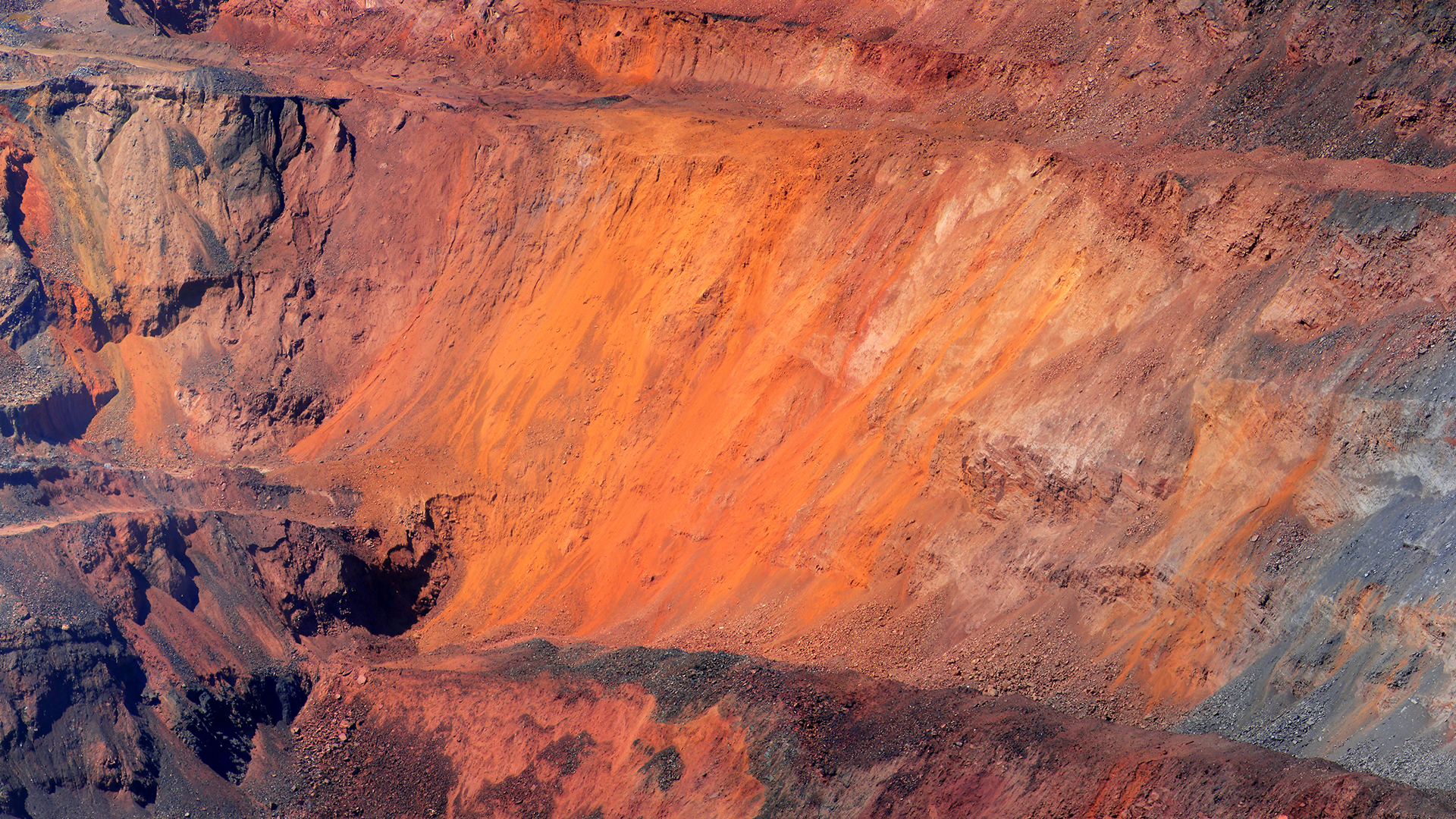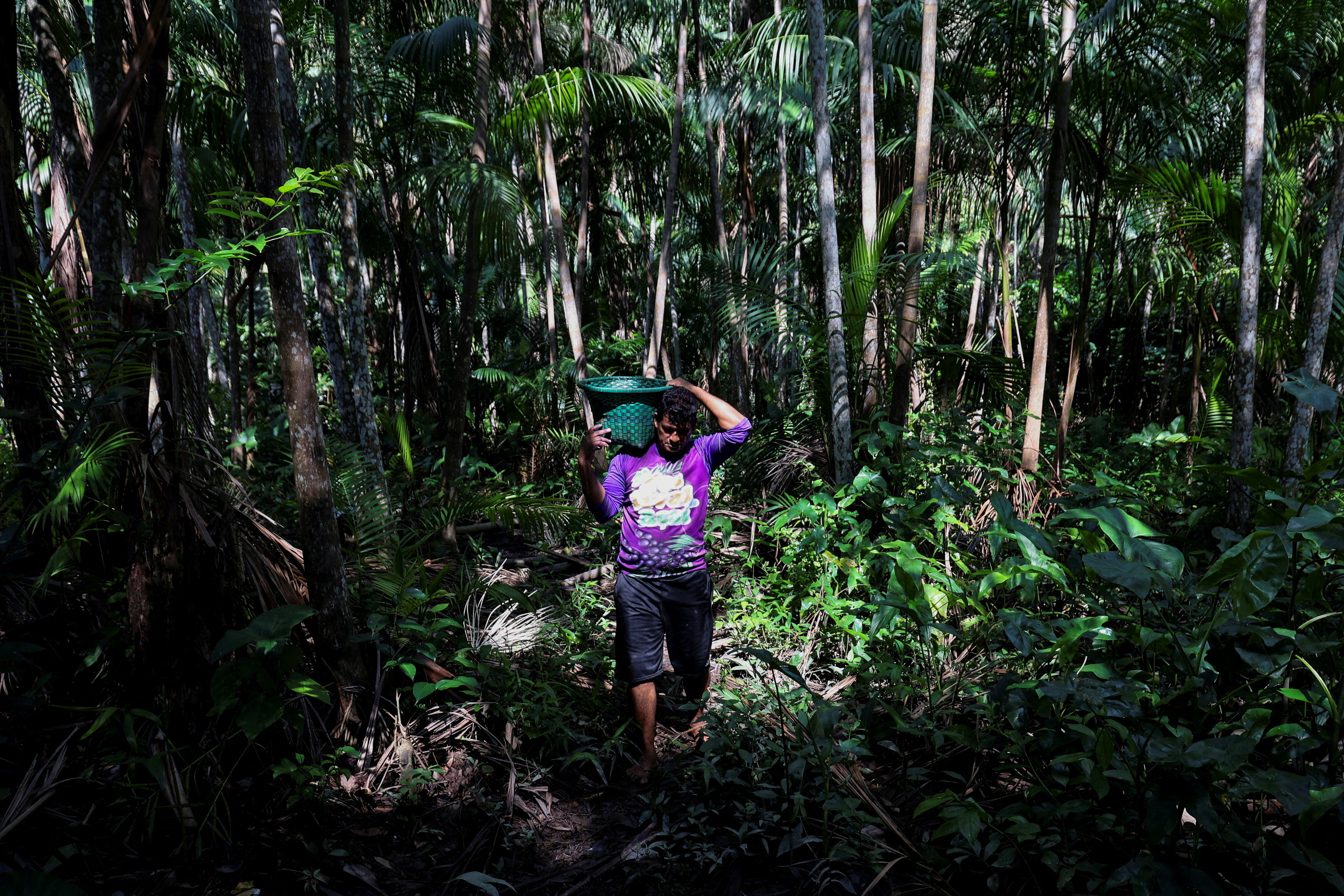From fire to fake snow - the global consequences of the climate crisis

A warming planet is increasing the likelihood and severity of bushfires.
Image: REUTERS/Tracey Nearmy
Stay up to date:
SDG 13: Climate Action
- Extremes of heat and cold are becoming more frequent.
- Norway basks in 19°C heat in January.
- Moscow imports fake snow for New Year as temperatures soar.
Picturing Norway in January probably brings to mind images of snow shovels, ski jackets and frosty fjords.
The average winter temperature in the country is -6.8°C. This year, however, western Norway is experiencing a heatwave, with the mercury hitting 19°C in the town of Sunndalsora. That’s more than 25°C above the seasonal average, and warm enough for locals to leave their jackets at home or take a dip in the sea.
Norway’s warmest ever January day isn’t alone in the record-breaking weather stakes, though.
In Moscow, Russia’s warmest year on record was capped when, in December 2019, lighter than usual snowfall led authorities to lay artificial snow at locations including the city’s Red Square in time for seasonal festivities.
And last year, at the other end of the scale, the Great Plains of the US and Canada suffered record low temperatures as a polar vortex brought icy weather south from the slowly warming Arctic.
Bushfire crisis
Meanwhile, on the other side of the world, Australia is battling the effects of extreme heat. Its Bureau of Meteorology says 2019 was its hottest, driest year on record.
The country is experiencing one of its worst droughts in decades and a heatwave in December broke the record for highest nationwide average temperature of 41.9°C. At the same time, a bushfire crisis is raging in areas along its eastern and southern coasts.
Scientists have warned climate change can increase the likelihood and intensity of wildfires. The Climate Council says a warming planet is making bushfire conditions more dangerous than they were in the past, increasing the risk to people and property.
A warming world
Globally, 2019 was among the warmest years on record, according to the World Meteorological Organization (WMO).
While meteorologists haven’t drawn a direct link between record temperatures and the climate crisis, they come as the world as a whole continues to warm as a result of greenhouse gas emissions. A spokesperson for the WMO said, for example, that the heatwaves that hit Europe last summer bore “the hallmarks of climate change”.
What’s the World Economic Forum doing about climate change?
According to the UN, limiting global warming to 1.5C to help protect the planet and its ecosystems is possible, but will require urgent action.
The World Economic Forum’s Climate Initiatives provide a global platform for multistakeholder partnerships to help raise ambition and speed up action on climate change.
Don't miss any update on this topic
Create a free account and access your personalized content collection with our latest publications and analyses.
License and Republishing
World Economic Forum articles may be republished in accordance with the Creative Commons Attribution-NonCommercial-NoDerivatives 4.0 International Public License, and in accordance with our Terms of Use.
The views expressed in this article are those of the author alone and not the World Economic Forum.
Related topics:
Forum Stories newsletter
Bringing you weekly curated insights and analysis on the global issues that matter.
More on Climate Action and Waste Reduction See all
Marco Lambertini and Marcelo Bicalho Behar
November 6, 2025
Lasse Bruun
November 6, 2025
Tom Crowfoot
November 5, 2025









